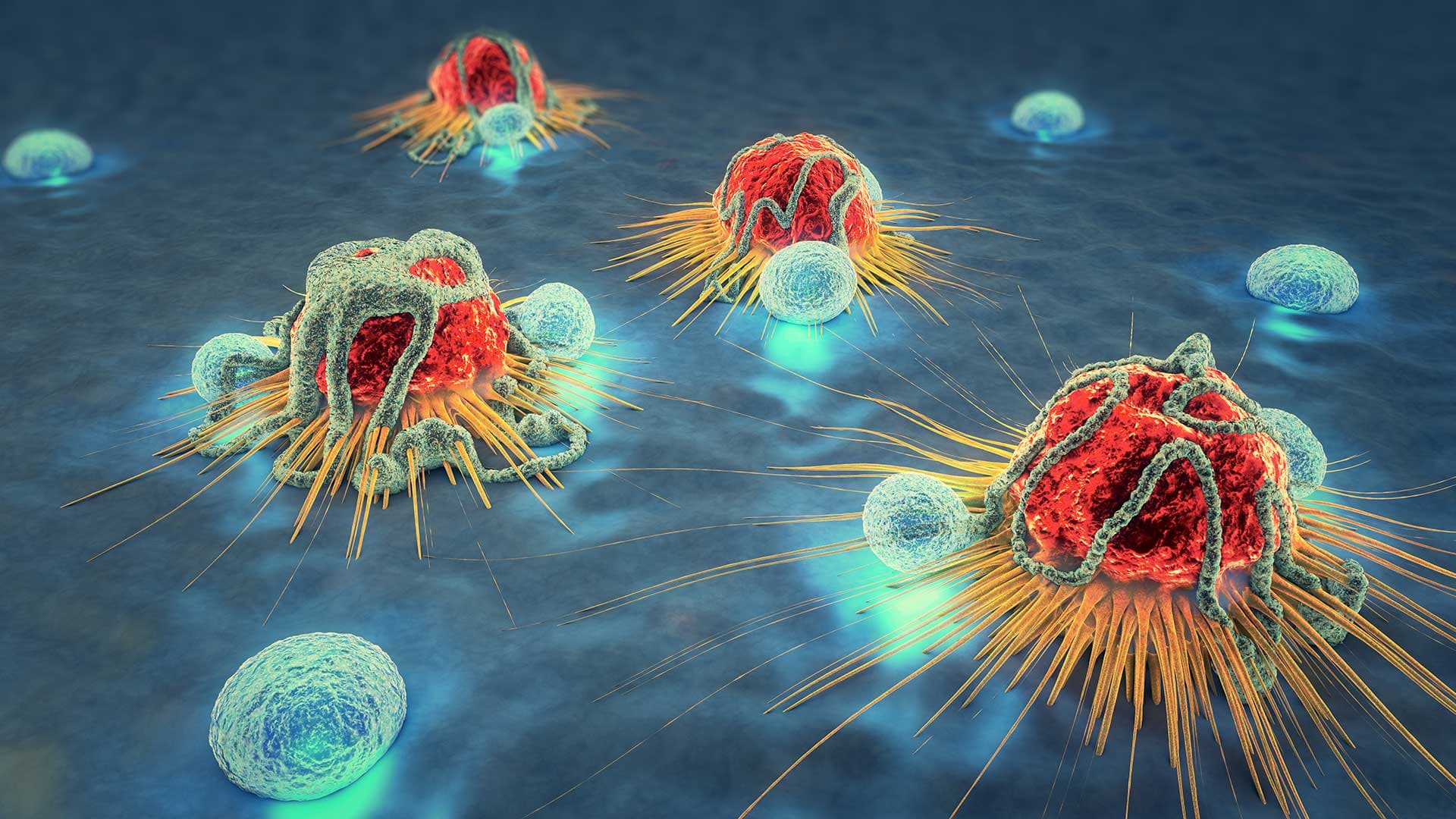Slowing Down Cancer
Cancer is one of the leading causes of death worldwide, according to the World Health Organization, claiming 8.8 million victims in 2015. While researchers have made significant progress in the battle against the disease, it remains notoriously difficult to treat. This is due, in part, to the wide variety of cancers known to exist today, but the matter is further complicated by our difficulty preventing cancer cells from spreading.
While treatments such as chemotherapy and immunotherapy are available, they are often rendered ineffective by the fast rate at which cancer cells spread. Now, researchers from the University of Southampton in the United Kingdom, working in partnership with Cancer Research UK, may have found a way to aid such treatments by slowing down the spread of many different types of cancer.
In a study published in the Journal of the National Cancer Institute, the researchers focused on the enzyme NOX4 and a kind of cell called cancer associated fibroblasts (CAFs). When healthy, fibroblasts keep different kinds of organs together. When infected by cancer and turned into CAFs, however, they are known to help tumors grow, spread, and even evade treatment.
"By looking at many types of cancer, we have identified a common mechanism responsible for CAF formation in tumors," lead research Gareth Thomas said in a press release. "These cells make cancers aggressive and difficult to treat, and we can see exciting possibilities for targeting CAFs in many patients who don't respond well to existing therapies."
Improved Chances
The researchers found that CAFs decrease patient survival for a number of cancer types, including head, neck, and bowel cancers. "[E]ffective methods to manipulate these cells clinically have yet to be developed," the researchers wrote. Thankfully, through their research, they discovered that NOX4 and CAFs have a peculiar dynamic.
In many types of cancer, NOX4 enzymes are required for CAFs to form and subsequently facilitate tumor growth. In tests conducted on mice, blocking NOX4 reduced the size of tumors by up to 50 percent. This blocking was made possible using a drug that's being developed to treat another kind of disease called organ fibrosis.
"Some cancers are incredibly difficult to treat and can use the body's own cells to help them grow, evade treatment, and spread around the body," explained Áine McCarthy at Cancer Research UK in the press release. "Researchers have been trying to unlock the secrets behind this for many years, and this study is a big step forward in understanding how some cancers achieve this."
"These findings show that CAFs can be targeted with a drug and their 'pro-tumor' effects can be reversed in mice, giving researchers a starting point to develop new and potentially more effective treatments in the future," she added.
Thomas and his team believe that their work could help improve a patient's chances of reacting positively to chemo and immunotherapy. At the very least, it could help slow down the spread of cancer, dealing a critical blow to the disease that affects so many people.
Share This Article
